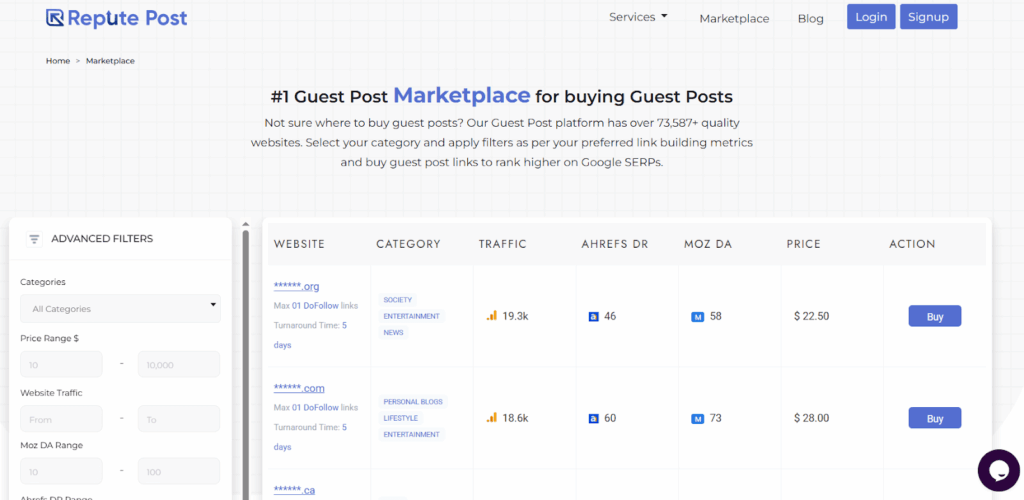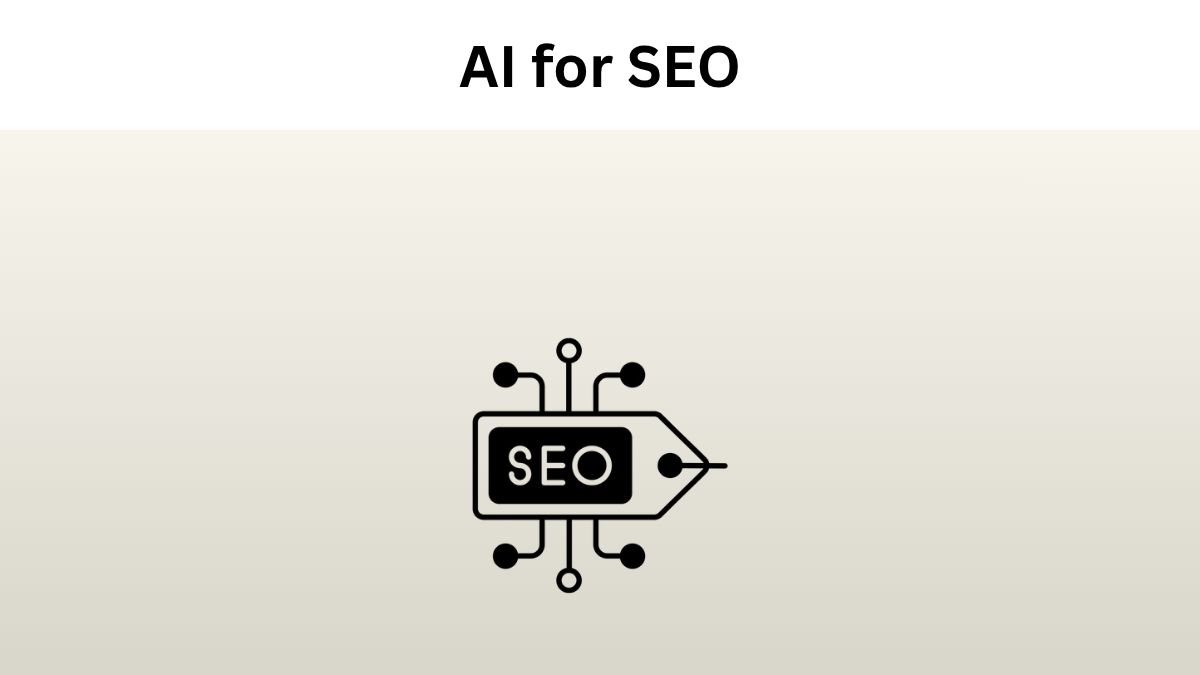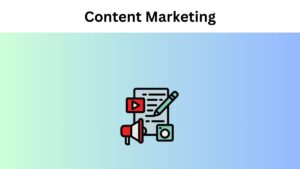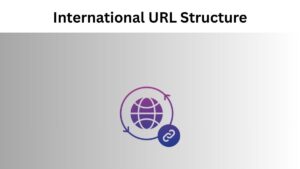Writers are divided over AI content. Some say Google does not even rank AI-generated content, while others say it works as well as human writing. And both have numbers to back their claims.
According to SpiceWorks, 82% of marketers think AI-generated content is as good as human-written, if not better. On the other hand, Neil Patel proves that human-generated content is more effective than AI-generated content. When such contrasting views exist in the market, users can easily get confused.
That’s why this article clarifies the truth about AI for SEO in 2026. You’ll learn what Google thinks about all this and how you can perform better in SEO with human-AI collaboration.
The Truth about AI for SEO 2026
AI is not an advantage for SEO, because almost everybody is using it now. Around 86% of SEO professionals have already integrated AI into their strategy.

Source: SEOProfy
If only a few people were using it, then it would have an advantage. Since almost everybody is using AI, it’s no longer an advantage; it is the norm.
In 2026, it does not matter how the content is produced. But how helpful, accurate, and relevant it is to users. Understanding this distinction is key before diving into strategies and risks.
Google’s stance on AI content in 2026
Google’s stance on AI-generated content is clear. They do not care about how the content was generated; they care if it helps their users. And if it does, then it’s good by them. They will rank it.
Google itself states at Google Search Central that “Our ranking systems aim to reward original, high‑quality content … rather than how content is produced.” Irrespective of how something was written, by a human or an algorithm, Google’s ranking systems look at the same things. Those are quality, originality, usefulness, and E-E-A-T.
Google introduced E-E-A-T to explain how they define valuable content from invaluable content. It is explained as:
- E → Experience: Your content shows that you have firsthand experience on the topic.
- E → Expertise: Your words demonstrate industry-specific knowledge and experience.
- A → Authoritativeness: Your content has go-to information for users, influencers, and marketers.
- T → Trustworthiness: Do you protect user data and provide transparency about your processes?
If you can achieve all that with AI writers, do it. Just make sure your final draft has all these.
Focus on quality over content quantity.
So we have established that Google doesn’t penalize AI content for existing. It penalizes low-quality or spammy content. Especially the one made for the sole purpose of ranking on Google. Your priority should always be usefulness, not volume. Instead of writing dozens of posts at once, focus on creating content that informs and satisfies user intent.
For that, not only should your content have relevant facts and data, but it should also be easy to read and simple to follow. One practical way to achieve this is by using an AI rewriter tool. These tools can take your draft and improve clarity, grammar, and readability while keeping the original message intact.
For example, if you provide an AI draft, it’ll refine sentence structure, improve flow, and make the content more comprehensive. Plus, many of them offer you the chance to choose a new tone for your results, like academic, persuasive, formal, etc.
This way, you might publish fewer articles, but they will be of higher quality, which Google values far more than sheer quantity.
Can Google detect AI content
Yes, Google can easily detect AI-generated text, but that doesn’t mean it’s automatically penalized. The detection isn’t about who wrote it, but how it reads. If your content feels mechanical, repetitive, or lacks emotion, Google’s algorithms can identify it as low-quality.
That’s why Detektify, an AI humanizer, is so popular these days. It takes raw AI-generated drafts and makes them sound human. It adjusts tone, sentence variation, and emotional phrasing to mimic human writing.
I do not recommend that you depend entirely on humanizers to mask AI content. Just use them to refine your tone and flow. Make sure your text passes both the algorithms and the readers.
Best practices for SEO-friendly AI content
You can create optimized, structured, and consistent content with ease using AI. But SEO requires something else as well, that is, authority and trust.
That’s why it’s essential to combine AI-assisted writing with off-page SEO.
Off-page SEO
For that, you need to secure quality backlinks from high-traffic websites through link insertion or guest posts, which is a hefty task.
However, you can take help from websites like repute post that have hundreds of quality websites for you to choose from. You can have a look and decide which link you want for your content.

By connecting your AI-optimized content with high-authority websites, you improve both domain authority and content trustworthiness. Google heavily considers both of these when ranking pages.
Readability and structure
You can write at lightning speed with AI. But what if your readers can’t understand it easily? – That’s why Google also rewards content that is reader-friendly. Means every reader should be able to read your sentences without any difficulty or a dictionary. Irrespective of their education level and location.
Below 8th-grade readability level is recommended for this, because more than 50% of Americans can’t read below this. To achieve that:
- Use short paragraphs and sentences
- Write clear headings and subheadings
- Avoid passive voice; use active voice
- Break long AI-generated sentences into simpler ones
- Use words that we use in daily conversations
Tools like Hemingway App or Grammarly can instantly check all this for you. Good readability indicates to Google that your content is easy to understand. That people will take less time reading it and will get some value.
Visuals and infographics
AI-written content is usually walls of text without any breaks. This can feel tiring to a reader’s eyes. So, add visuals, infographics, screenshots, or charts to your text wall.
According to Poll Everywhere, articles with visuals get 94% more views than text-only ones.

Source: Poll Everywhere
You do not have to create them manually. Just use AI-based infographic tools like Canva Magic Studio or Visme AI to automatically create visuals from your article text. Turn plain explanations into engaging graphics that readers and Google both appreciate.
So even if your content is written with AI, it can still rank as long as it’s supported by quality links.
Internal linking and content hierarchy
Content hierarchy is a thing in SEO today. It will continue to matter in the future as well. We will still need internal links to connect related topics naturally. It helps Google understand a site’s structure and strengthens topical authority.
Plus, it also helps readers easily navigate through your content. They stay longer, which indirectly signals to Google that your content provides value.
The future of AI content and SEO in 2026 and beyond
AI is trained to mimic human beings in analyzing and writing. Artificial intelligence is not that sophisticated right now. But it is getting better day by day. So, it is going to become harder to identify AI content.
Hence, if AI is writing like humans, then the differentiating factor will only be human creativity and strategic authority building. And that can’t be replaced. Marketers are going to increase their use of AI for research, draft generation, and structure. Human editors will refine tone, verify facts, and increase the topical depth.
Plus, credible backlinks will play a key role in strengthening content. That signals to Google that the content deserves to rank.
In short, AI will continue to power production. But only humans will define what ranks.
Also Read: Tips to Improve Your SEO Content Writing Skills
Conclusion
So, the simple answer to Google penalizing AI content is No! But it’s watching closely. Google isn’t against AI; it’s against low-quality or unhelpful content. That means the real winners are marketers who know how to use AI wisely.
Those who use smart tools like AI rewriters and humanizers to write better. And platforms like repute post to build strong backlinks. Their AI-powered content comes out search-friendly.






